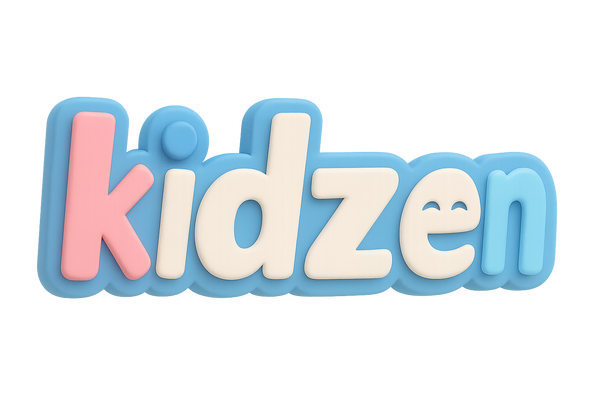
The Power of Imagination in Child Development
Share
🧠 1. Cognitive Growth and Problem-Solving
Imaginative play fosters creativity and enhances problem-solving abilities. By engaging in pretend scenarios, children learn to navigate challenges and think critically. This type of play encourages flexible thinking, allowing children to explore various outcomes and solutions.
🤝 2. Social and Emotional Development
Through role-playing, children develop empathy and understanding of social dynamics. Pretending to be different characters or enacting various situations helps them grasp others' perspectives and emotions, laying the foundation for strong interpersonal skills.
🎭 3. Emotional Resilience and Self-Regulation
Imaginative activities provide a safe space for children to express and manage their emotions. By acting out different scenarios, they learn to cope with feelings like fear, anger, and sadness, building emotional resilience and self-regulation skills.
📚 4. Language and Communication Skills
Engaging in storytelling and pretend play enhances vocabulary and communication abilities. Children experiment with language, learn new words, and understand the nuances of conversation, which are crucial for effective communication.
🌟 Encouraging Imagination in Daily Life
-
Provide Open-Ended Toys: Items like blocks, dolls, and art supplies encourage creative use.
-
Create a Stimulating Environment: Designate spaces where children can freely express their imagination.
-
Participate in Pretend Play: Engage with your child in their imaginative activities to support and extend their ideas.
-
Limit Screen Time: Encourage activities that require active participation rather than passive consumption.
